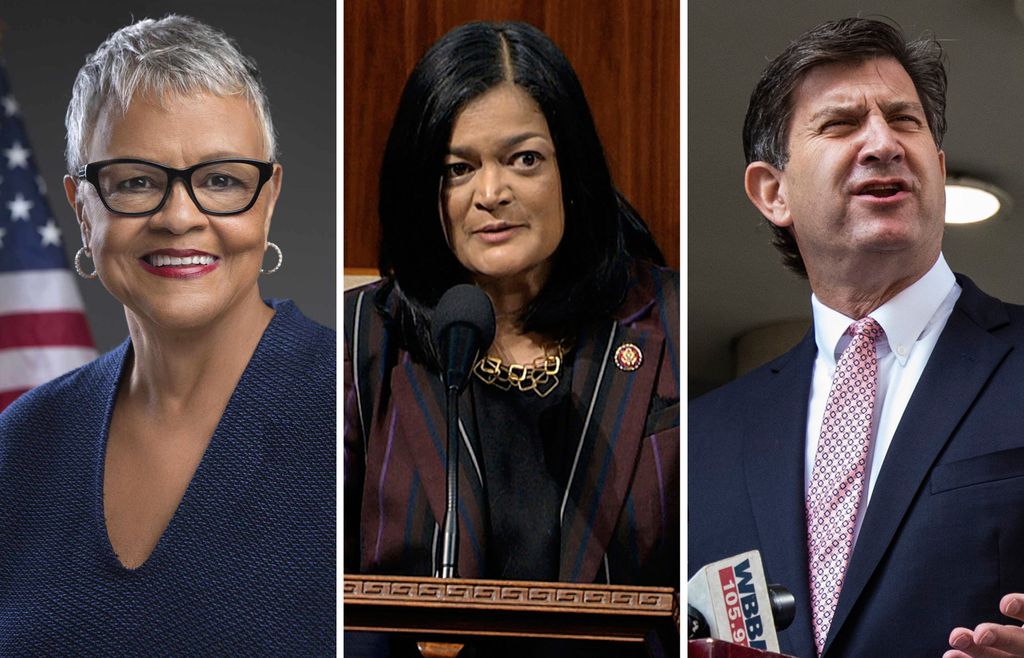At least three members of Congress have tested positive for the coronavirus even after receiving their first dose of the vaccine prior to their exposure to the virus. Dan Barouch, MD, PhD (Center for Virology and Vaccine Research, BIDMC) noted that the first shot of the vaccine confers some protection, but overall, the proven protection is after the second shot.
Boston Globe – January 14, 2021
Members of Congress got the coronavirus even though they’d been vaccinated. Experts explain how that happened

At least three members of Congress have tested positive for the coronavirus after sheltering in a secure location with other members of Congress during the mob attack on the Capitol last week.
Democrats Bonnie Watson Coleman, Pramila Jayapal, and Brad Schneider had all just received their first dose of the coronavirus vaccine prior to their exposure to the virus.
But that doesn’t mean there’s anything wrong with the vaccine, experts said Wednesday.
First of all, they had only gotten one of two shots. The official word from the US Centers for Disease Control and Prevention is: “The two authorized and recommended vaccines to prevent COVID-19 in the United States both need two shots to be effective.”
Experts do believe that the first shot of the vaccine confers some protection, but overall the effect of just getting the first shot alone is “not well studied and not well quantified,” said Dr. Dan Barouch, director of the Center for Virology and Vaccine Research at Beth Israel Deaconess Medical Center. “The proven protection is after the second shot.”
The representatives had also only received the shots a couple of days prior to the Capitol lockdown and that would be too soon for even limited protection to kick in, he said.
“During the first 10 days, there’s probably no efficacy. … There does appear to be some degree of protection that starts about 10 days after the first shot,” said Barouch, whose center helped develop a vaccine candidate with Johnson & Johnson that is currently in clinical trials.
Andy Pekosz, director of the Center for Emerging Viruses and Infectious Diseases at Johns Hopkins University, said, “You need time after the vaccination to develop a detectable immune response. It usually takes up to two weeks from an initial vaccine dose to even start to detect the antibodies that will eventually protect you from infection.”
“All three of these Congresspersons were well within that period of time so no protection from the vaccine should be expected,” he said in an e-mail.
Akiko Iwasaki, an immunologist who is a professor at Yale University, said in an e-mail, “The vaccine does not work for the first 12-13 days because it takes that long to generate antibody responses.”
Barouch said that, whether people have had one shot or two of the long-awaited vaccines, they need to continue to wear masks and practice social distancing.
One reason is that the vaccines are highly, but not 100 percent, effective. Another reason, he said, is that, while research has shown that the vaccines prevent people from being ill, it is not yet clear whether they prevent people from being infected or unwittingly spreading the virus.

